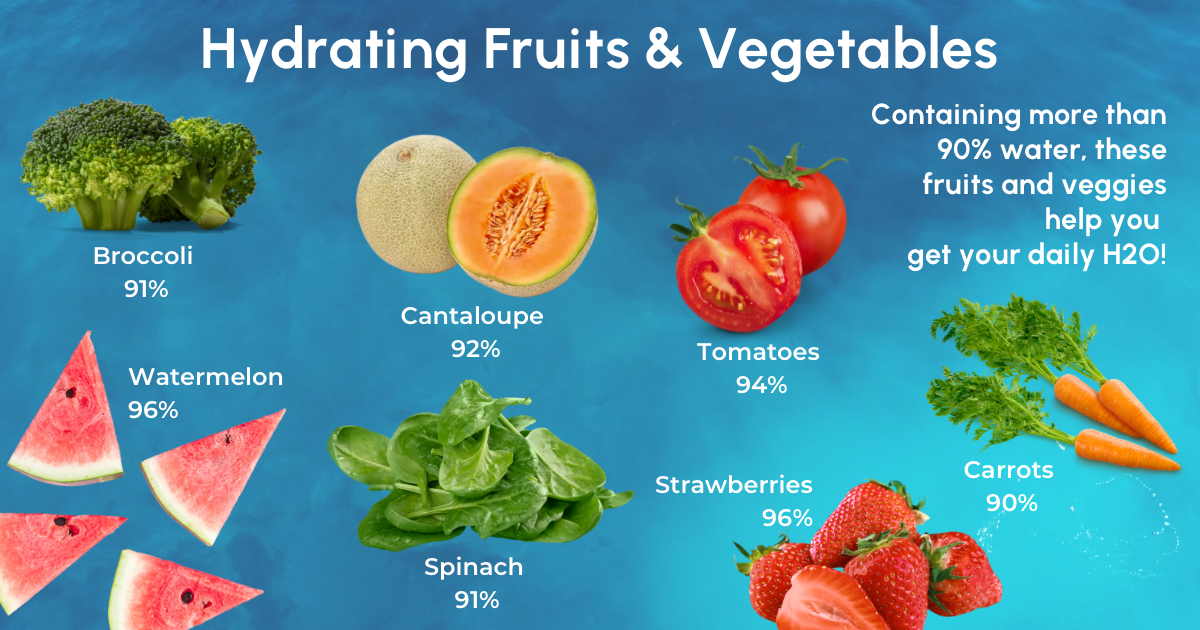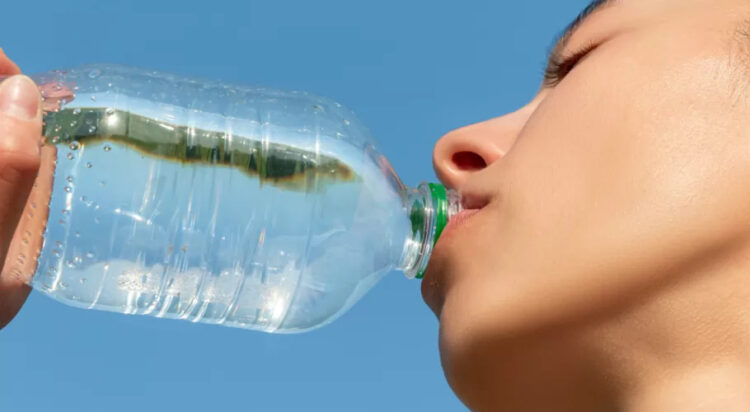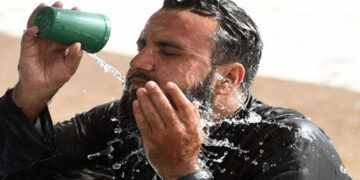Several parts of Pakistan have been affected by extreme temperatures. Since up to 60 percent of the adult human body is composed of water, it is crucial to prioritize hydration and water intake during the summer heat.
Water is essential for numerous bodily functions: it supports biochemical reactions, distributes nutrients, removes waste, and helps regulate blood circulation and body temperature. It also aids digestion, prevents constipation, cushions joints, stabilizes the heartbeat, and protects vital organs and tissues.
According to medical professionals, there is no universal guideline for daily water intake. The amount of water a person needs depends on individual factors such as body type, health conditions, medications, and lifestyle.
Nevertheless, following basic hydration guidelines can help you stay safe and healthy during the summer heat.
Drink water
Although experts recommend daily fluid intake based on age, sex, pregnancy, and breastfeeding but drinking at regular interval and after working out will keep you hydrated.
Signs of dehydration
If your skin feeling dry, irritated, inflamed, itchy, or unusually sensitive, it could be early signs of dehydration. Other common symptoms include headaches, dizziness, fatigue, muscle cramps, rapid breathing, fainting, and reduced urination—or urine that appears very dark yellow.
If you are experiencing any of these symptoms, it is essential to act promptly: move to a cooler environment and increase your fluid intake immediately.
Cool down
Regulating your body temperature in the summer is extremely important. The risk for heat stroke is at its highest in the summer. So wear light, loose-fitting clothing in light colors; schedule strenuous sports and physical activities during cooler times of the day.

Don’t drink alcohol, caffeine and sugary beverages
Beverages like coffee, sugary sodas, alcohol, sweet teas, and energy drinks can dehydrate you due to their high sugar and sodium content. To stay hydrated, try replacing some of these with water or balance each dehydrating drink with a glass of water.
Eat foods with high water content
Water isn’t the only thing that contributes to overall hydration. Foods with high water content such as watermelon and other melons, tomatoes, cucumber, strawberries, bell peppers, celery, and lettuce can also you help you stay hydrated.








![Missiles from Iran are pictured over Jerusalem on June 14, 2025 [Menahem Kahana / AFP]](https://mmnews.tv/wp-content/uploads/2025/06/Iranian-missels-raining-down-on-Israel-350x250.jpg)






















